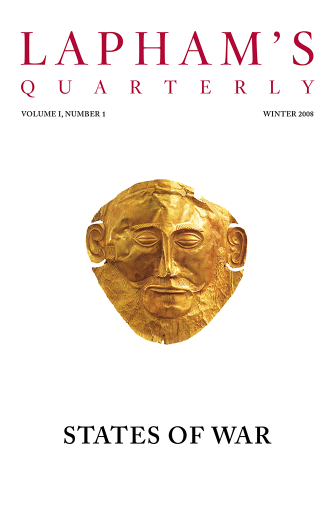But the flesh, we read, is weak; and with this we soothe ourselves the more largely. Yet we read also that the spirit is strong, for both are placed in the same sentence.
The flesh is an earthly, but the spirit a heavenly, material. Why therefore do we, too prone to excuse ourselves, put forth in our defense the things which are weak in us, and guard not those which are strong? Why may not the earthly yield to the heavenly? If the spirit be stronger than the flesh, because it is also of higher birth, it is through our own fault that we follow the weaker. The lust of the flesh advocateth the functions of mature age; demandeth to reap the fruits of beauty; glorieth in its shame; saith that a husband is necessary for the sex of the woman, as a source of authority and of comfort, or that she may be safe from evil report. And do thou, against these its counsels, take the examples of our sisters, whose names are with the Lord—who, when their husbands are gone before them, put no opportunity of beauty or of age before holiness. For they had rather be espoused to God. Thus have they secured to themselves an eternal possession, the gift of the Lord; and already, by not marrying in the world, are numbered among the family of angels. By the examples of such women as these, training thyself to emulate their continency, thou wilt bury, through spiritual affection, that carnal lust in annulling, by the compensation of immortal goods, the temporal and fleeting desires of beauty or of youth.
From To My Wife. Tertullian in his early twenties traveled to Rome, where he was impressed by the early Christian martyrs. He returned home to Carthage in his mid-thirties and converted to Christianity. In his fifties, the founder of Latin Christian theology left the Catholic Church because of its moral “laxity” to join the more severe sect known as the Montanists.
Back to Issue

